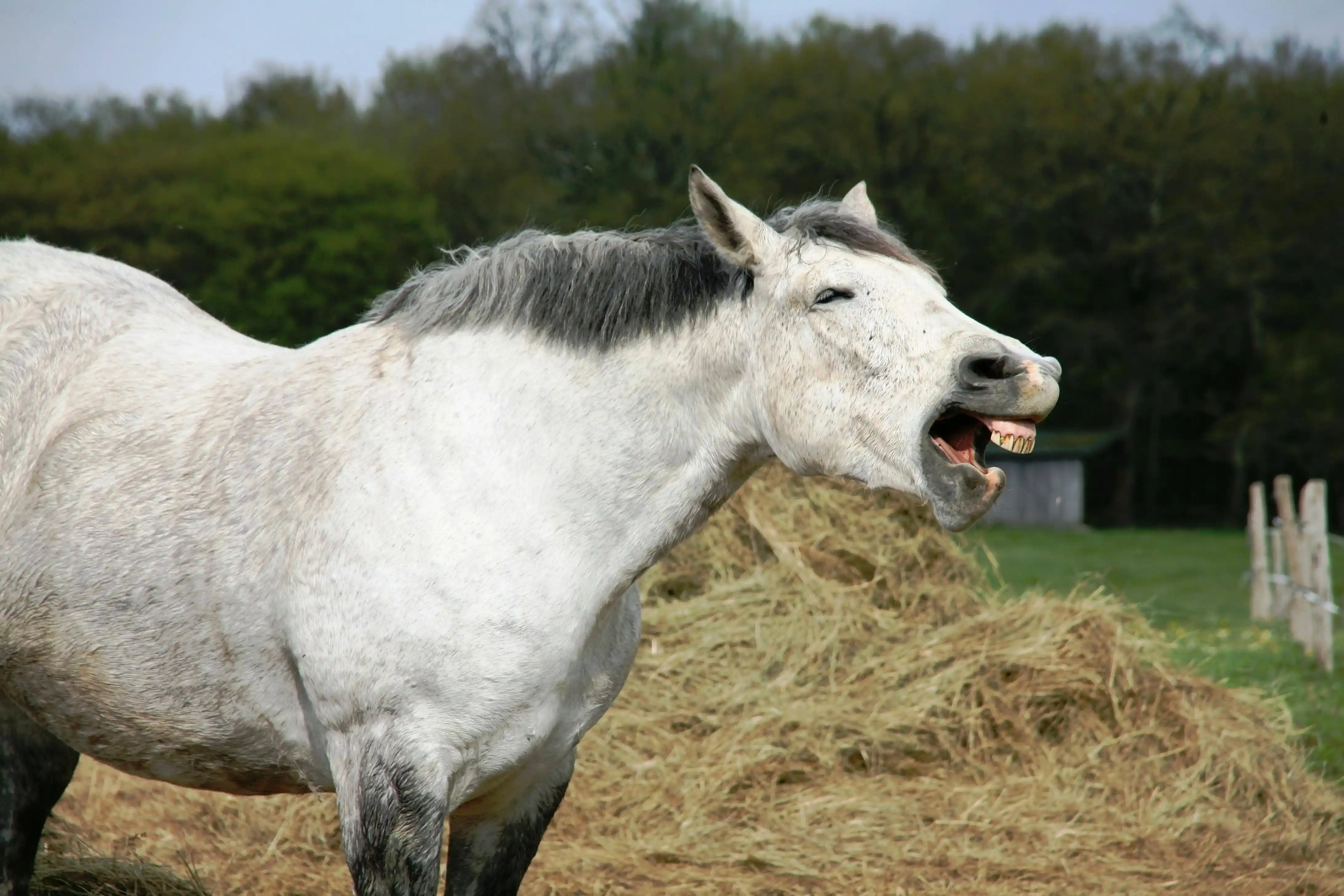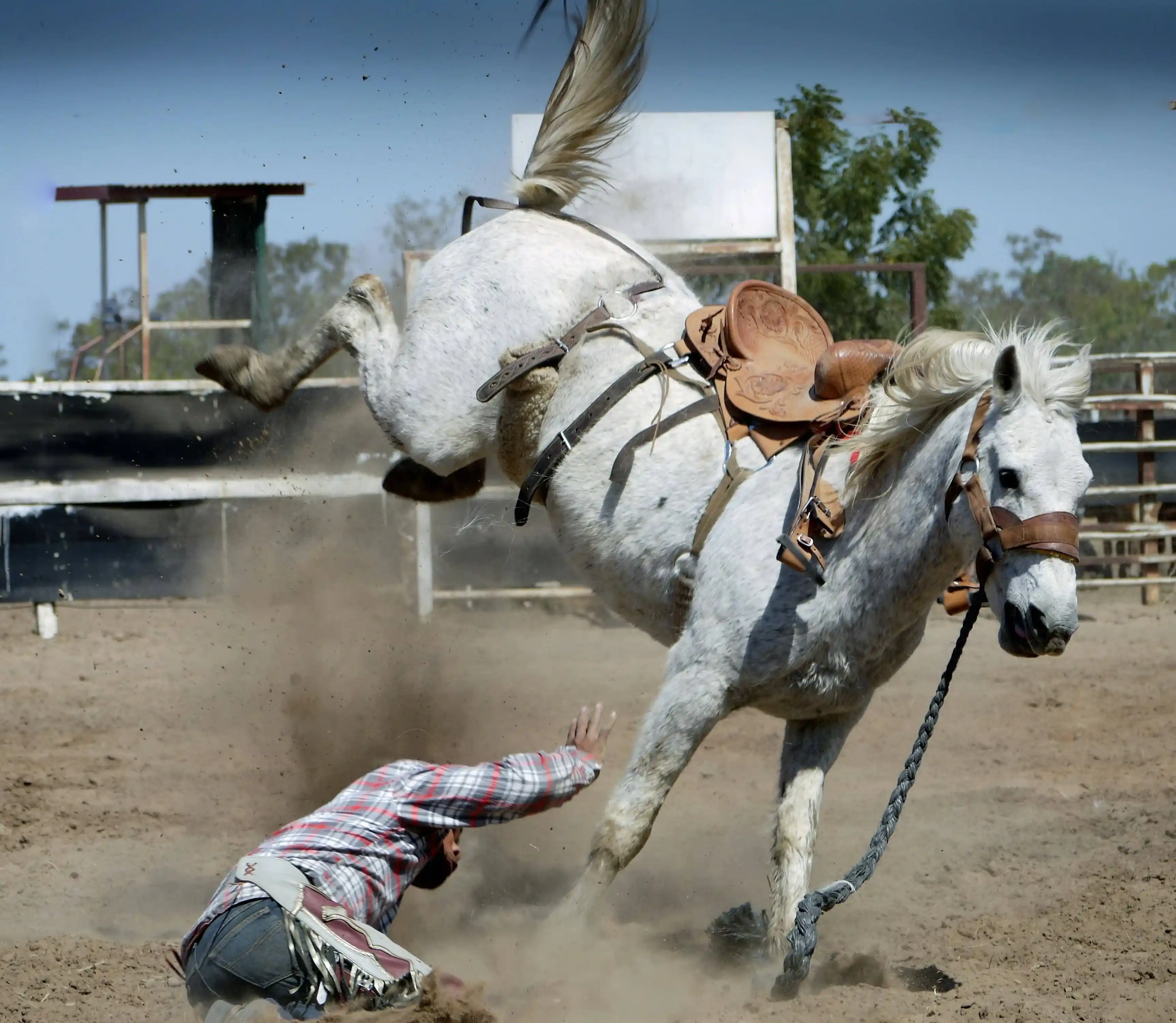Introduction
Joint health is a cornerstone of your horse’s comfort, mobility, and performance. Whether your horse is a high-level competitor, a weekend trail partner, or a cherished companion in retirement, healthy joints are essential for a happy, active life. Unfortunately, joint issues are common in horses of all ages and disciplines, often leading to pain, stiffness, and reduced performance. The good news is that with the right management—including the use of recommended joint supplements—you can help support your horse’s joint health and longevity. In this article, we’ll explore why joint health matters, how supplements can help, and which products are most trusted by horse owners and veterinarians.
Why Joint Health Matters for Horses
A horse’s joints are complex structures made up of bones, cartilage, synovial fluid, ligaments, and tendons. These components work together to allow smooth, pain-free movement. Over time, or due to injury or intense activity, the cartilage that cushions the joints can wear down, leading to inflammation and discomfort—a process known as osteoarthritis or degenerative joint disease (DJD). Other joint problems include synovitis, capsulitis, and traumatic injuries.
Common risk factors for joint issues in horses include:
- Intensive training or competition
- Poor conformation
- Obesity or excess weight
- Previous injuries
- Aging
- Genetic predisposition
Early signs of joint problems may include stiffness, swelling, heat, or reluctance to move. Proactive management—including proper nutrition, regular exercise, and the use of joint supplements—can help maintain joint health and delay or reduce the impact of degenerative changes.
How Joint Supplements Support Your Horse
Joint supplements are designed to provide key nutrients that help maintain and repair joint tissues, reduce inflammation, and support overall joint function. The most common and researched ingredients in equine joint supplements include:
- Glucosamine: Supports cartilage production and repair.
- Chondroitin Sulfate: Helps retain water in cartilage and inhibits enzymes that break down cartilage.
- MSM (Methylsulfonylmethane): Provides sulfur for connective tissue and has anti-inflammatory properties.
- Hyaluronic Acid (HA): Lubricates joints and absorbs shock.
- Omega-3 Fatty Acids: Help reduce inflammation.
- Herbal Ingredients: Such as turmeric or devil’s claw, which may offer additional anti-inflammatory benefits.
While research on the effectiveness of joint supplements in horses is ongoing, many owners and veterinarians report improvements in comfort and mobility, especially when supplements are used as part of a comprehensive joint care plan.
When Should You Start a Joint Supplement?
Not every horse needs a joint supplement, but they can be especially beneficial for:
- Performance horses in regular work or competition
- Older horses showing signs of stiffness or arthritis
- Horses recovering from joint injury or surgery
- Horses with a history of joint problems or poor conformation
- Young horses in intensive training
Always consult your veterinarian before starting any new supplement, especially if your horse has a medical condition or is on medication.
Choosing the Right Joint Supplement
With so many products on the market, it can be overwhelming to choose the right joint supplement for your horse. Consider the following factors:
- Ingredients: Look for proven ingredients like glucosamine, chondroitin, MSM, and hyaluronic acid.
- Bioavailability: The form of the ingredient can affect how well it is absorbed.
- Quality: Choose reputable brands with transparent labeling and third-party testing.
- Palatability: Make sure your horse will eat it!
- Veterinary Recommendation: Ask your vet for advice tailored to your horse’s needs.
Top Recommended Joint Supplements for Horses
Here are some of the most trusted and recommended joint supplements for horses, based on ingredient quality, research, and user reviews:
- Cosequin ASU: Combines glucosamine, chondroitin, MSM, and ASU for comprehensive joint support.
- Adequan i.m.: Injectable PSGAG, often used for horses with significant joint issues (requires veterinary prescription).
- Platinum Performance CJ: Includes glucosamine, MSM, HA, omega-3s, and antioxidants.
- SmartFlex Ultra: Contains glucosamine, chondroitin, MSM, HA, resveratrol, and turmeric.
- Flexadin Advanced with UC-II: Features undenatured type II collagen for immune modulation and joint support.
- Equithrive Joint: Contains resveratrol and HA for inflammation reduction and joint function.
- LubriSyn HA: Liquid hyaluronic acid for easy absorption.
- Acti-Flex 4000: Affordable blend of glucosamine, chondroitin, MSM, and HA.
- Grand Meadows Grand Flex: Blend of glucosamine, chondroitin, MSM, and antioxidants.
- KER Glucos-A-Flex: Glucosamine, chondroitin, MSM, and vitamin C for horses of all ages.
Tips for Using Joint Supplements Effectively
- Follow the manufacturer’s dosage instructions.
- Be consistent—most supplements are given daily.
- Allow several weeks to see results.
- Combine supplements with good management: regular exercise, proper hoof care, and a balanced diet.
- Monitor your horse for changes and consult your vet if you have concerns.
What to Expect and When to Seek Help
Joint supplements are most effective for mild to moderate joint issues or as a preventive measure. They are not a cure for advanced arthritis or severe joint damage. If your horse does not improve after 60-90 days, or if symptoms worsen, consult your veterinarian for further evaluation and treatment options.
Frequently Asked Questions
Are joint supplements safe for all horses?
Most are safe when used as directed, but always check with your veterinarian, especially if your horse has health conditions or is on medication.
Can I use more than one joint supplement?
It’s best to use one high-quality supplement at a time to avoid excessive intake of certain ingredients.
How long does it take to see results?
Most horses show improvement within 4-8 weeks, but some may take longer.
Are there side effects?
Side effects are rare but may include digestive upset or allergic reactions. Discontinue use and consult your vet if you notice any unusual symptoms.
Will joint supplements test positive in competitions?
Most do not contain prohibited substances, but check competition rules and consult your vet if you’re unsure.
Beyond Supplements: Holistic Joint Care
- Regular, appropriate exercise
- Maintaining a healthy weight
- Good hoof care and balanced trimming/shoeing
- Safe, well-maintained footing
- Routine veterinary check-ups
- Prompt attention to injuries or lameness
Conclusion
Supporting your horse’s joint health is one of the best investments you can make in their comfort and performance. By choosing a recommended joint supplement and combining it with good management and veterinary care, you can help your horse stay active and happy for years to come.
Further Reading and Resources
- AAEP: Joint Health and Arthritis
- The Horse: Joint Health
- Hygain: Joint Supplements for Horses
- SmartPak: Joint Supplements for Horses
- Platinum Performance: Joint Health in Horses
Disclaimer
This article is for informational purposes only and does not replace professional veterinary advice. Always consult your veterinarian before starting any new supplement or making changes to your horse’s care routine.






































